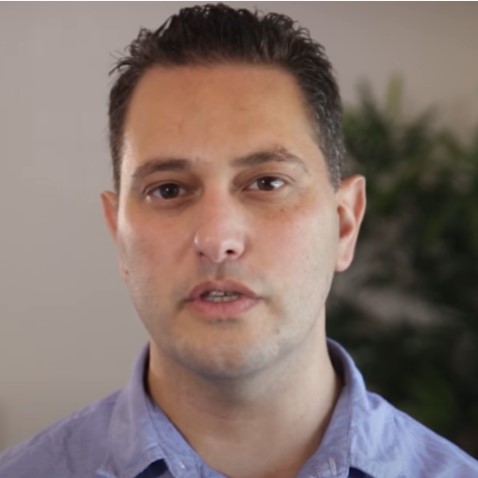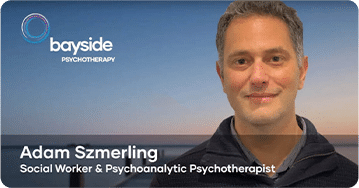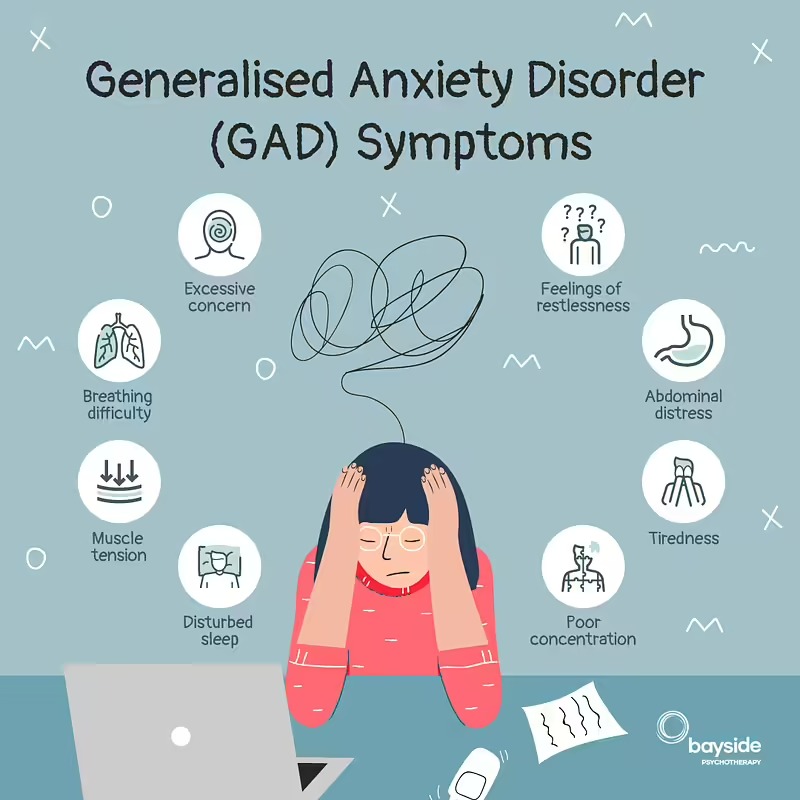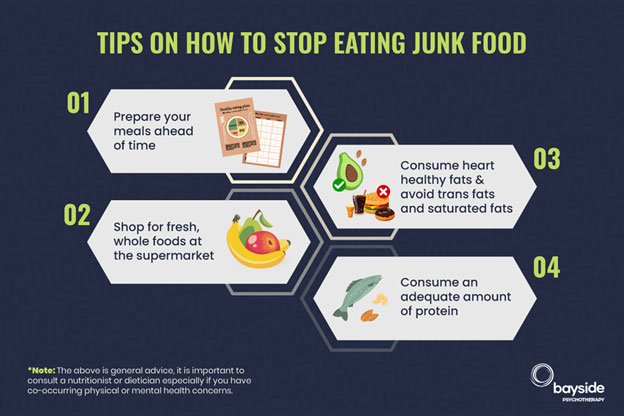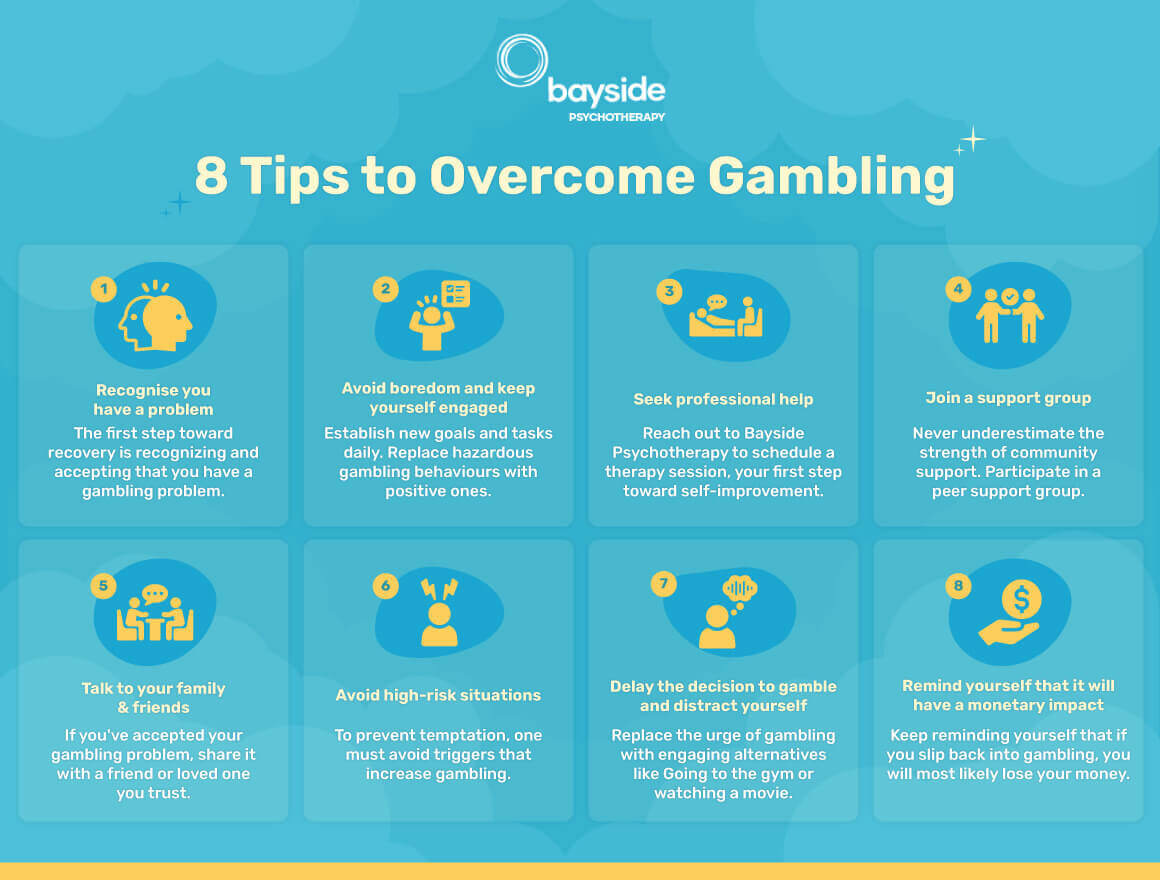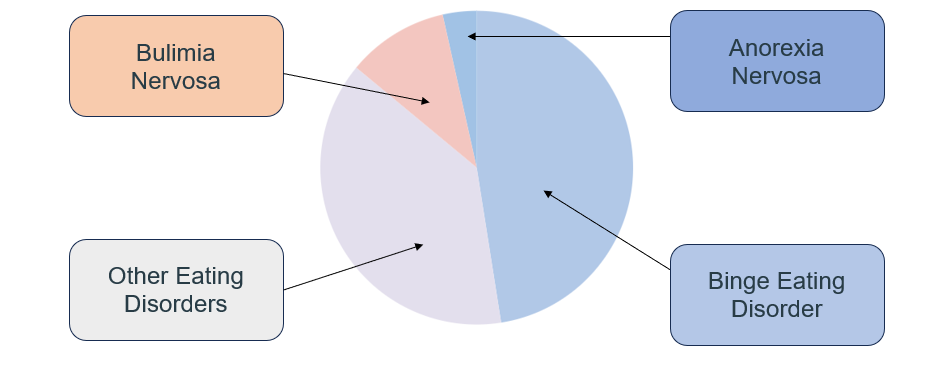Emotional Maltreatment: The Abuse That’s Not Easy To See
Lots has been written about the catastrophic effects of physical or sexual abuse during childhood and adolescence. There is no doubt these events often leave an individual traumatised and unable to fully function in life, relationships and work. Something characterised as traumatic, for an individual, often occurs retroactively (as meaning is later constructed – or put differently, it is language and meaning which traumatises).
What about emotional maltreatment?
However, there is comparatively less literature concerning the detrimental effects of emotional maltreatment in childhood. To develop a healthy and positive sense of self, babies and young children need their caregivers to become attuned to their feelings, to accept them and help in facilitating an understanding of what these feelings mean and how to manage them. They also need to experience lots of physical love (in the form of cuddles, comfort, kisses and closeness) and to be protected from sources of danger.
How to recognise emotional maltreatment
Unfortunately for a number of individuals, their parents or caregivers were unable to be emotionally attuned, physically warm and protective. This may relate to the caregivers being mentally ill, physically unwell, not present due to death or divorce, or lacking the skills and awareness of how to provide these experiences for their children. Instead, caregivers may restrict the sorts of emotions that can be expressed and the manner of their expression, they may punish the child for displaying a particular feeling, they may tell the child they are not feeling what they state they are, they may be physically and emotionally cold, inattentive to basic needs for food, warmth and shelter or completely ignore their child’s existence.
Why is it harder to recognise emotional maltreatment compared with abuse and neglect?
Emotional maltreatment often accompanies physical and sexual abuse and is harder to identify because it doesn’t leave scars and degrees of maltreatment have come to be accepted within a range of normal in western society. However, the effects of it on an individual can be devastating and can manifest as abandonment fears, self-hatred, shame, depression, obsessive compulsive disorder, anxiety, eating disorders, addictions and narcissism. Consistent emotional misattunement and neglect tends to corrode any sense of self love, self regard and self compassion. instead, individuals end up feeling worthless, ashamed, inadequate and deserving of punishment and lead to poor self care.
Psychotherapy can be incredibly enriching and provide help in identifying and changing these entrenched experiences of oneself. Call Bayside Psychotherapy on 9557 9113.
Here are a couple of blogs written on this topic you might find useful:
Choosing the right therapist: The 5 mo...
Choosing the right therapist can be difficult. Different problems and diff.
Creating Healthier Workspaces: How str...
Employee mental health is pivotal to overall workplace wellbeing, impacting individual performance, job satisfaction, and organ.
From High Stakes to Healing: 8 Tips To...
Gambling activities have become more accessible and convenient due to the proliferation of casinos and the rapid growth of online gambling platforms. Mo.
An Examination of Bulimia Nervosa Amon...
Bulimia nervosa is a serious eating disorder that can significantly impact an individual's physical and psychological health. Characterised by recurrent.

